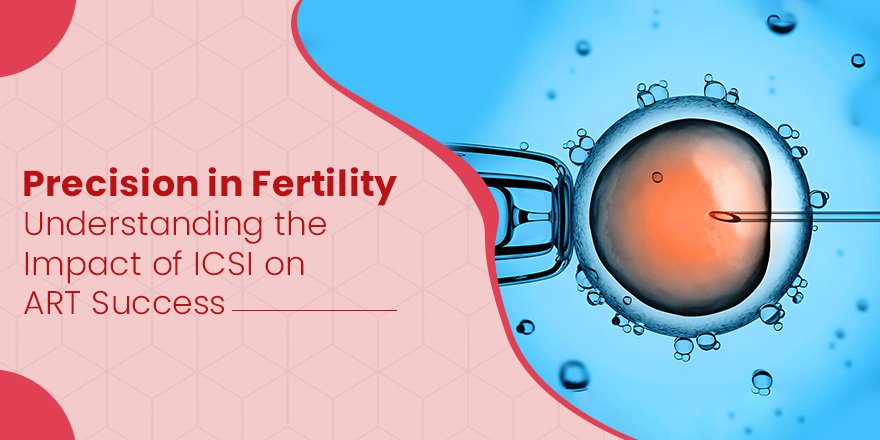Chronic illness is a long-term health condition that requires ongoing care. For many people, it can feel overwhelming to balance treatment, daily life, and future plans such as starting a family. Understanding what chronic illness is, recognizing chronic illness symptoms, and exploring available medical treatments can make this journey easier to manage.
What Is a Chronic Illness?
Chronic illness refers to health conditions that last for months or even years. Unlike short-term illnesses, these conditions often need continuous monitoring and care. Examples include diabetes, thyroid disorders, chronic hypertension, asthma, heart disease, and autoimmune conditions.
While chronic illnesses are common, they affect each person differently. Some people may have mild symptoms, while others may face daily challenges. Learning how to manage these conditions is the first step toward living a healthier life.
Common Chronic Illness Symptoms
The symptoms of chronic illness vary based on the condition. However, some signs are often seen across many chronic conditions:
- Persistent fatigue or low energy
- Unexplained weight changes
- Frequent headaches or dizziness
- Difficulty breathing or chest discomfort
- Ongoing pain or discomfort
- Changes in appetite or digestion
It is important not to ignore these signs. Early diagnosis and proper management of chronic illness symptoms can help reduce complications and improve overall health outcomes.
The Role of Medical Treatments
Medical treatments for chronic illnesses are designed to control symptoms, prevent progression, and improve quality of life. Treatment plans may include:
- Medications: Regular medicines such as insulin for diabetes or drugs to manage chronic hypertension are vital. They help keep the condition under control.
- Lifestyle Modifications: A balanced diet, regular exercise, stress management, and adequate sleep are essential parts of treatment.
- Regular Monitoring: Routine health check-ups allow doctors to track progress and make adjustments when needed.
- Specialized Care: Some conditions may require advanced medical treatments such as hormone therapy, genetic testing, or fertility-focused care for couples planning to conceive.
Every treatment plan is unique. Doctors consider the severity of the illness, overall health, and individual goals before recommending the right approach.
Also Read: Male Fertility Test: When and Why You Should Consider It
Chronic Illness and Fertility
Chronic health issues can sometimes affect reproductive health. For example, chronic conditions on male fertility, such as diabetes or obesity, may impact sperm quality. In women, conditions like thyroid disorders or chronic hypertension may affect ovulation and pregnancy outcomes.
This does not mean that parenthood is out of reach. With proper medical treatments, many couples with chronic illnesses can successfully plan their families. Fertility specialists often work closely with patients to manage both chronic illness and treatment for infertility, creating a safe path toward parenthood.
Why Early Care Matters
The earlier a chronic illness is identified and treated, the better the chances of managing it effectively. Many chronic conditions progress slowly, which means small steps taken early can prevent bigger health challenges later.
Ignoring chronic illness symptoms can lead to complications that are harder to treat. Consistent follow-ups, taking prescribed medications, and following lifestyle recommendations are simple yet powerful ways to stay healthy.
Emotional Well-Being and Support
Living with a chronic illness can be emotionally draining. Feelings of stress, fear, or even hopelessness are common. Support from family, friends, and healthcare providers plays a crucial role in coping with these emotions.
Counseling, patient support groups, and open conversations with your doctor can help you feel more confident in managing your health. Remember, you are not alone, and many people are navigating similar journeys.
Moving Forward with Confidence
Chronic illnesses may feel like barriers, but with the right medical treatments and support, they can be managed effectively. Many patients lead fulfilling lives, achieve their personal goals, and even experience healthy pregnancies with proper guidance.
Taking charge of your health begins with understanding your condition, seeking timely care, and trusting your medical team. Small, consistent steps add up to significant improvements over time.
Also Read: What Is Male Infertility? Causes, Symptoms & Solutions
Conclusion
Chronic illness requires patience, care, and consistent management, but it does not define your future. Whether you are looking to improve your overall health or planning to start a family, expert medical treatments can make a difference.
If you are living with a chronic illness and want to explore safe and effective options, reach out to a healthcare provider. With the right guidance, you can take control of your health and move forward with hope and confidence.




